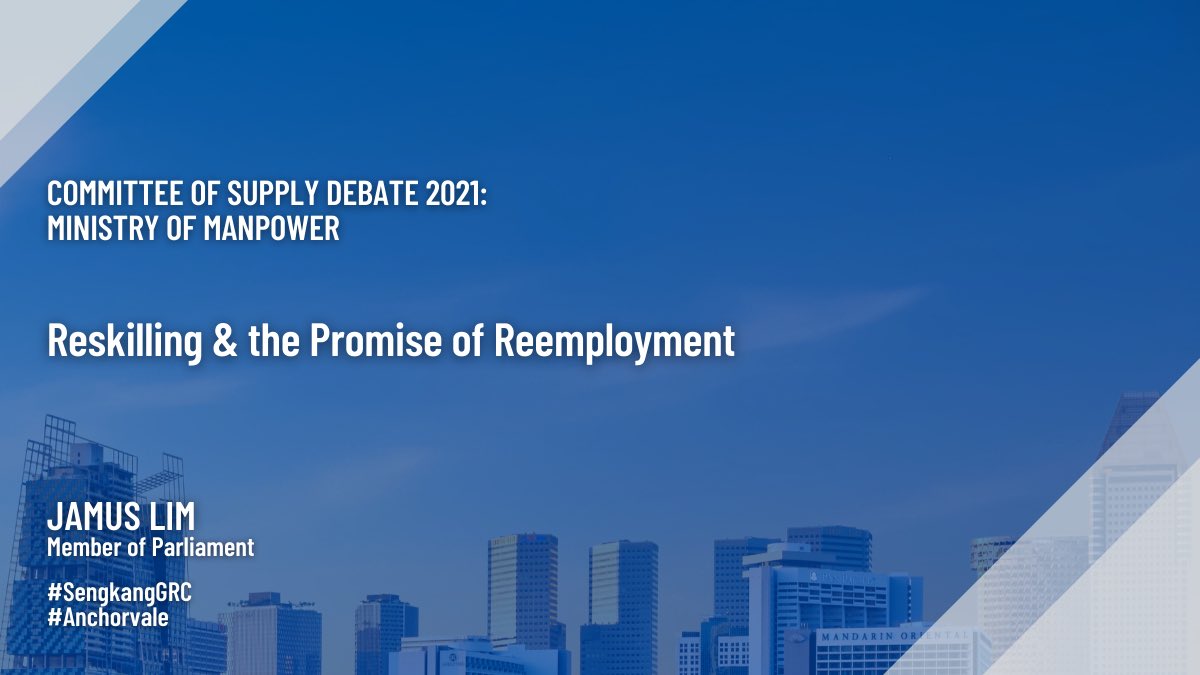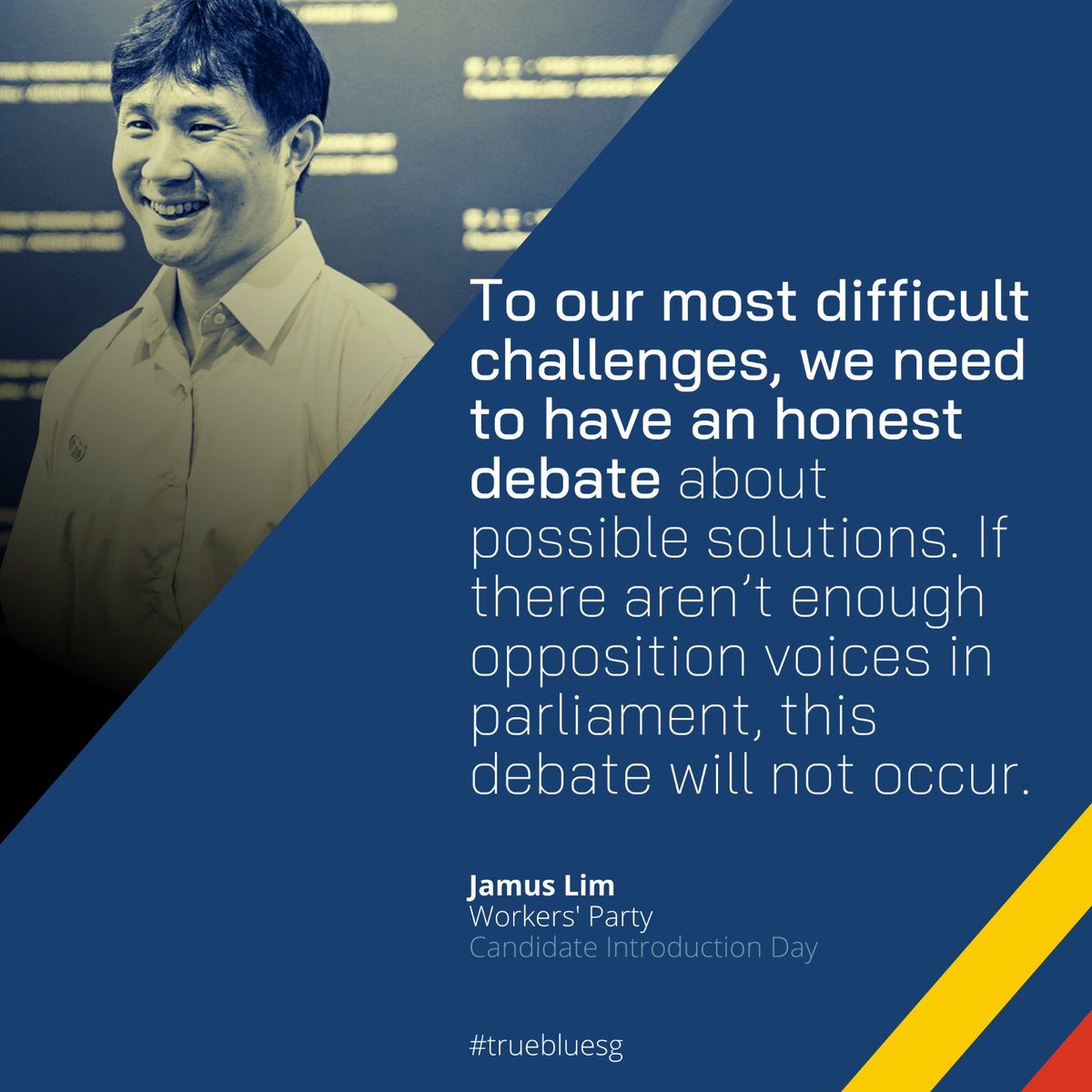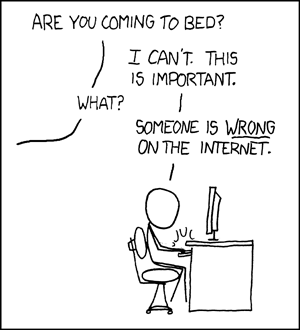
I first arrived in the United States with around 10 grand in savings, a box of economics textbooks, and a baggage full of dreams. Unlike many PhD students, I did not initially receive any financial assistance. (1/n)
So the first few months were especially rough. I found the cheapest room I could, traveled by bike, and ate a lot of frozen dinners. But I bled through the savings quickly, mainly because of costly out-of-state tuition fees. (2/n)
But I was very lucky. The family I lived with was exceedingly generous. I ate two meals with them each day, for which I paid only a fraction of the cost. They would invite me to their family holidays. They were kind and wise and supportive. (3/n)
Perhaps the most memorable (but simple) gift I received from them was a cash booklet for McDonald’s, for Christmas. It cost all of 30 bucks. But with that $30, as my American Dad would like to say, he received a lifetime of gratitude and goodwill. (4/n)
For a rich country, Singapore is somewhat unique in that we do not have any foreign aid agency, nor do we grant any form of official development assistance. We do send teams to provide technical support, but we’ve generally eschewed sending financial aid. (5/n) 

But our unwillingness to expand our international footprint has a cost. When our neighbors develop, they spend more on goods and services, including on imports. Their imports are our exports. And richer countries buy higher-value goods, which we are more likely to produce. (6/n)
So we do well when they do well. But spending more on global institutions also increases our soft power. Countries like the Netherlands and Sweden and the UAE understand this, as they leverage their aid dollars and UN staff to exercise a disproportionately large footprint. (7/n)
For a rich country, giving is a moral imperative. As citizens of a global village, reciprocity & altruism should be part of our moral fiber. We are taught from a young age to share, and this should extend to foreign relations, because there is value in being good neighbors. (8/n)
Of course, charity begins at home. Many of our workers are still hurting, especially in crisis times. We should help others, only after taking care of ourselves. But we should never forget that generosity has its own reward, even if it only pays off over time. (9/n)
I hope that, as an advanced economy, we can institutionalize our foreign aid efforts. Set up a high-quality aid agency. Send more Singaporeans to stints in international bodies, to observe globalism in action & make it work better for us. Form an intl volunteer corps. (10/n)
I’m in a better financial position these days, and so when we visit the States, I usually pay for our dinners. Nobody’s really counting, but that $30 has probably paid for itself many times over. That’s the power of generosity. (n/n)
• • •
Missing some Tweet in this thread? You can try to
force a refresh









